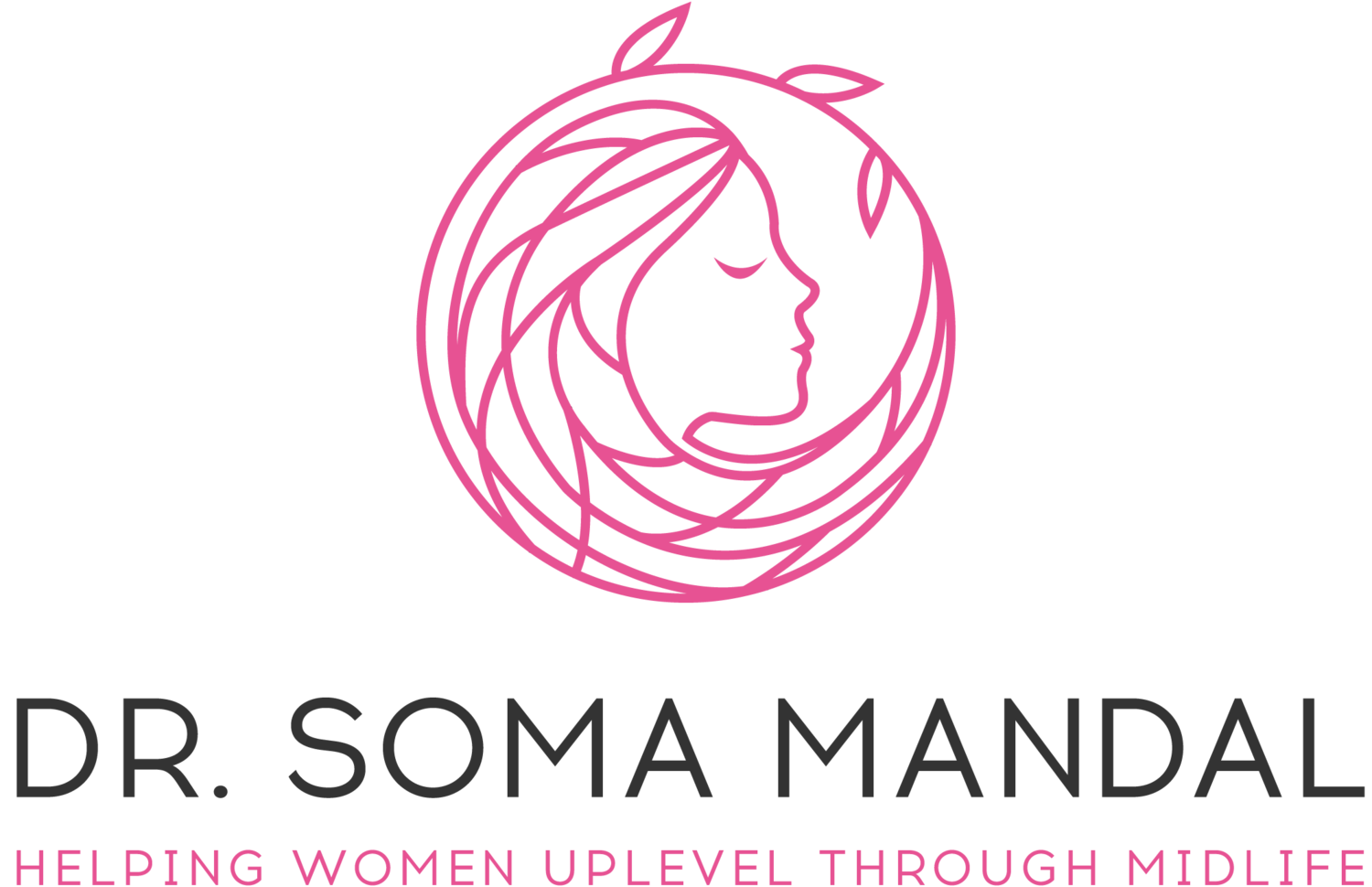Why Thanksgiving Meals Make you Drowsy: Unraveling the Mystery
Thanksgiving is a cherished holiday celebrated with family, friends, and an abundance of food. It's a day of gratitude, love, and laughter, but it's also notorious for something less joyful - post-meal sleepiness. Many people find themselves nodding off after the Thanksgiving feast, leading to the common belief that it's the turkey's fault. But is it really? Let's dive into the science behind this post-Thanksgiving meal fatigue. The Turkey Myth: Tryptophan. Countless people believe that the turkey is to blame for their Thanksgiving sleepiness because it contains an amino acid called tryptophan. Tryptophan is a precursor to the neurotransmitter serotonin, which helps regulate sleep. However, the truth is that turkey isn't exceptionally high in tryptophan compared to other proteins. Chicken, beef, and even soybeans contain similar amounts of this amino acid. So, why don't we feel sleepy after eating these foods on regular days? The answer lies in the overall composition of the Thanksgiving meal.
The Carb Coma: Role of Carbohydrates While turkey is part of the equation, the real culprits behind the post-Thanksgiving meal drowsiness are the carbohydrates. Foods rich in carbohydrates increase the insulin level in the body, which in turn, facilitates the absorption of most amino acids into the body tissues, except for tryptophan. This situation leaves tryptophan dominating the bloodstream and allows it to freely cross the blood-brain barrier and stimulate serotonin production, inducing a state of sleepiness.
The Fat Factor: Digestive Load Thanksgiving meals are not just heavy on carbs, but they also contain a significant amount of fat. Digesting a high-fat meal requires a lot of energy, which can lead to feelings of fatigue and sleepiness. Moreover, fats slow down the digestive process, keeping the food in the stomach for a longer time, which can also contribute to the lethargic feeling.
Alcohol's Impact: Sedative Effects Alcohol consumption during the Thanksgiving meal can also contribute to post-meal drowsiness. Alcohol has sedative effects and can induce feelings of sleepiness. Additionally, it can enhance the effect of tryptophan, further promoting the desire to nap.
The Relaxation Response: Psychological Factors Last but not least, psychological factors also play a role in the Thanksgiving sleep phenomenon. The holiday provides a break from the usual stress and hustle, often creating a relaxed environment. This relaxation, combined with the warmth and comfort of being around loved ones, can also make you more susceptible to feeling sleepy.
While the Thanksgiving turkey does contain tryptophan, it's not solely responsible for the post-meal sleepiness. The combination of a high-carb, high-fat meal, possible alcohol consumption, and a relaxed environment all contribute to the famous Thanksgiving food coma. So, don't blame the turkey for your post-feast nap; it's just part of the Thanksgiving tradition.






